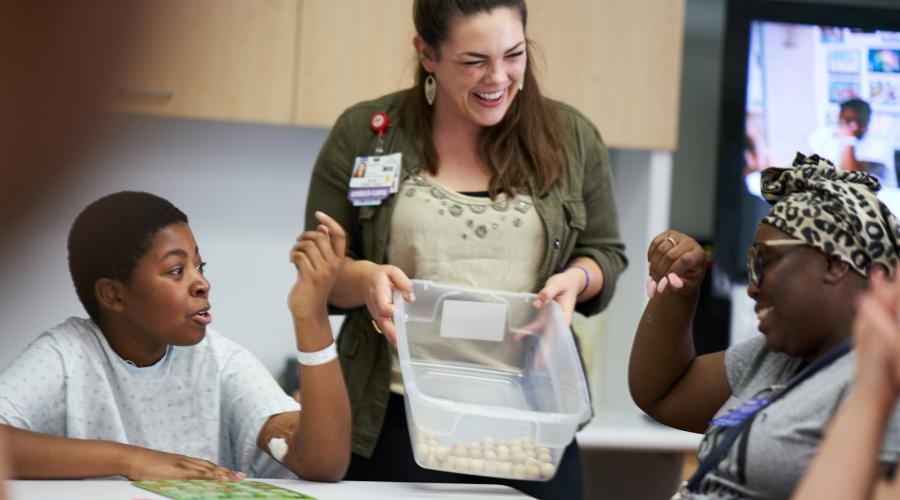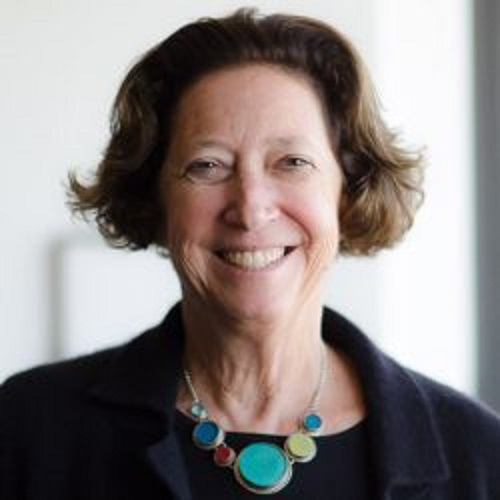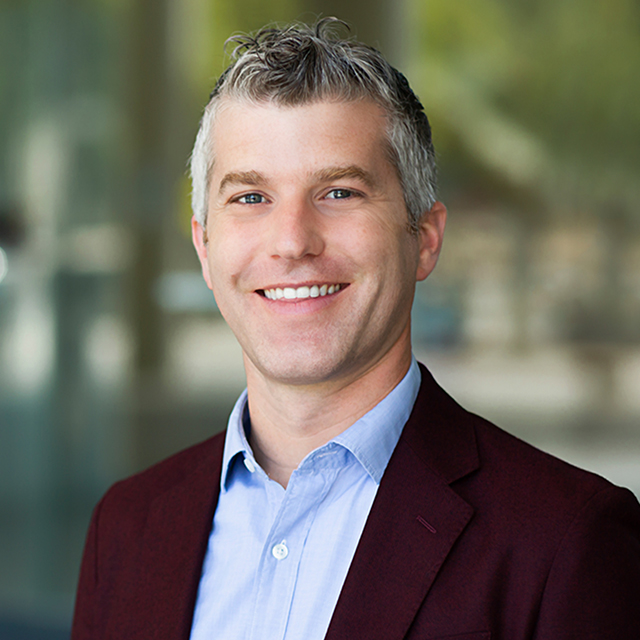
Leaders for Change: UCSF’s Division of AYA Medicine Innovates Health for Young People
At UCSF, caring for young people means more than treating symptoms — it means designing a system that listens to them, reflects their realities, and helps open their futures. Our Division of Adolescent and Young Adult (AYA) Medicine is leading that charge.
From breakthrough research and bold clinical care to national advocacy and the training of tomorrow’s leaders, the division is shaping the future of youth health in California and across the country.
Research Across the Spectrum of Youth Issues
The division’s research that addresses critical aspects of youth health and well-being is built on powerful partnerships and effective use of technology.
One example is the AYA Health Research Network, led by Elizabeth Ozer, PhD. The network brings together UCSF, UC Berkeley, Harvard, Johns Hopkins, and others to coordinate research on emerging public health challenges facing young people and to support cross-disciplinary collaboration.
Ozer also leads the INSPIRE project, a collaboration between UCSF researchers and computer scientists at North Carolina State. Together, they developed a narrative-based video game that places teens at a fictional house party, allowing players to make choices that influence the outcome.
The game has been shown to reduce risky drinking behaviors by helping teens understand the consequences of their decisions in a safe, engaging environment.
“Our research reflects the wide range of challenges young people face today – from social media harms and cyberbullying to eating disorders and substance use,” says Sara Buckelew, MD, MPH, chief of the division. “This breadth of expertise allows us to quickly translate urgent needs into real-world solutions.”

Translating Discoveries to the Clinic
The division’s research directly informs care at the UCSF Adolescent and Young Adult Medicine Clinic, where tools developed with input from young people help make clinical visits more effective. These innovations support open conversations between patients and providers around sensitive but important health topics. Examples include:
-
Health-e-Check: A tablet-based screening tool for depression, substance use, and food insecurity that helps normalize these discussions during routine visits.
-
Health-E You / Salud iTu™: Created by Kathleen Tebb, PhD, this app allows young people to explore sexual and reproductive health topics before their visit and securely share what they’d like to discuss with their provider.
-
Turning Pages: Developed by Anoushka Sinha, MD, during her fellowship, this program offers age-appropriate books that clinicians can give to patients, strengthening trust and connection. It builds on the American Academy of Pediatrics’ Reach Out and Read model.
This commitment to evidence-based innovation also drives the nationally recognized UCSF Eating Disorders Program, a close collaboration with the Department of Psychiatry. The team leads the development of national care standards, with Andrea Garber, PhD, RD, defining the national standards for refeeding young adults hospitalized for malnutrition from an eating disorder. Seamlessly integrating check-ups and psychological care outside the hospital, the program offers family approaches and individualized treatments to guide every young person on their recovery journey.
A Tradition of Training Leaders
Our Adolescent Medicine Fellowship offers a highly individualized training experience that allows fellows to pursue their specific interests and make a lasting impact in the field.
Trainees learn from UCSF faculty with broad expertise in adolescent and young adult health, working closely with collaborators across the Department of Pediatrics and beyond.
The supportive, personalized approach is one reason many trainees choose to stay. Between 2020 and 2025, four former fellows joined the division as faculty — a testament to its strong fellow-to-faculty pipeline and commitment to developing future leaders.
The division also plays a national role in leadership training through the federally funded LEAH (Leadership Education in Adolescent Health) program, one of only nine in the country. LEAH prepares graduate and postgraduate trainees across five core disciplines — adolescent medicine, psychology, nursing, nutrition, and social work — to lead the field through a collaborative, interdisciplinary model.

A Vision for Thriving Youth
The Division of AYA Medicine combines high-quality care with a focus on building resilience and supporting the broader development of young people. Its work includes direct patient care, research, and partnerships with policymakers and youth advocates to strengthen youth development efforts statewide and nationally.
Support the UCSF Department of Pediatrics to help address the evolving health needs of adolescents and young adults.
